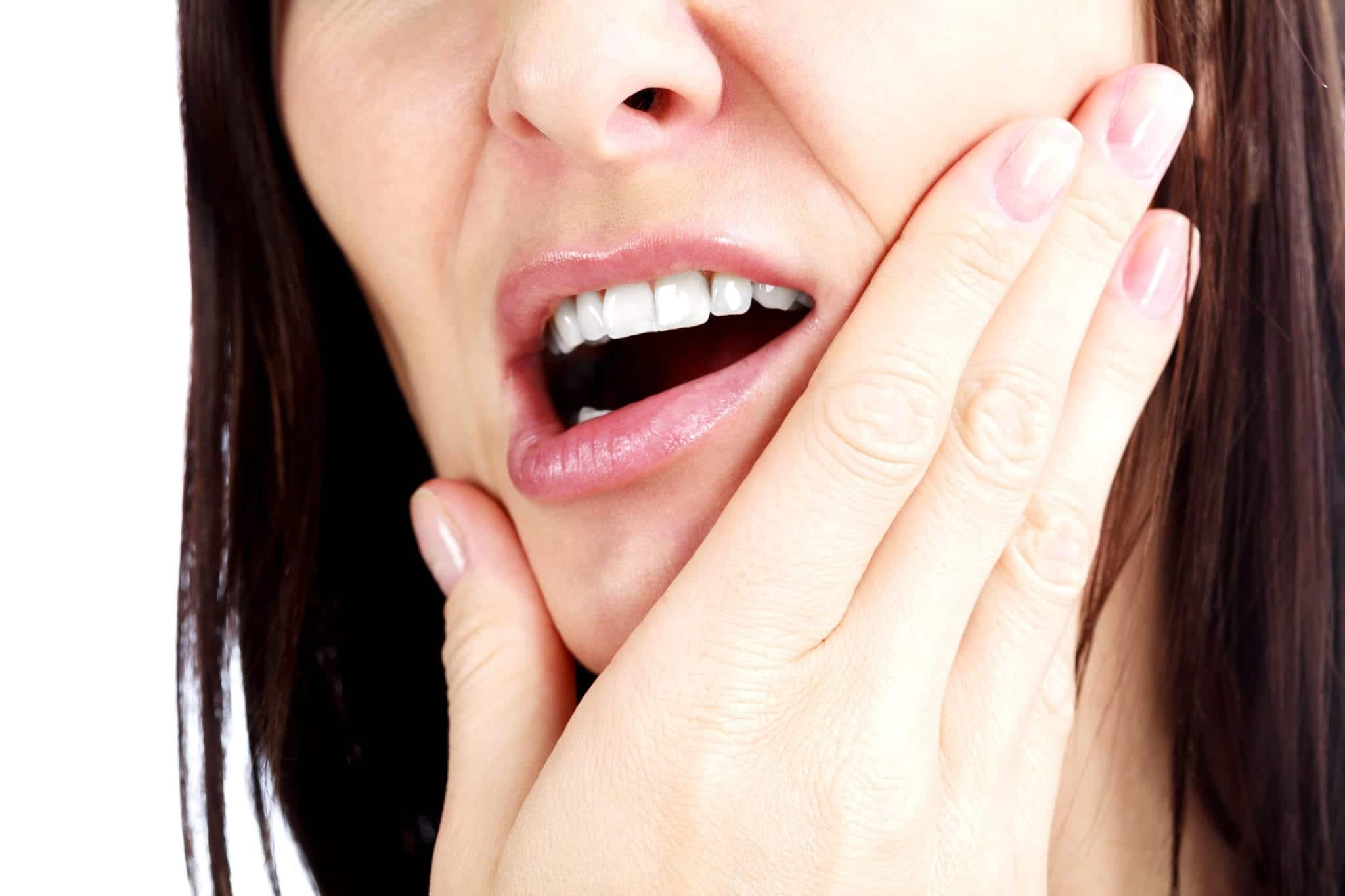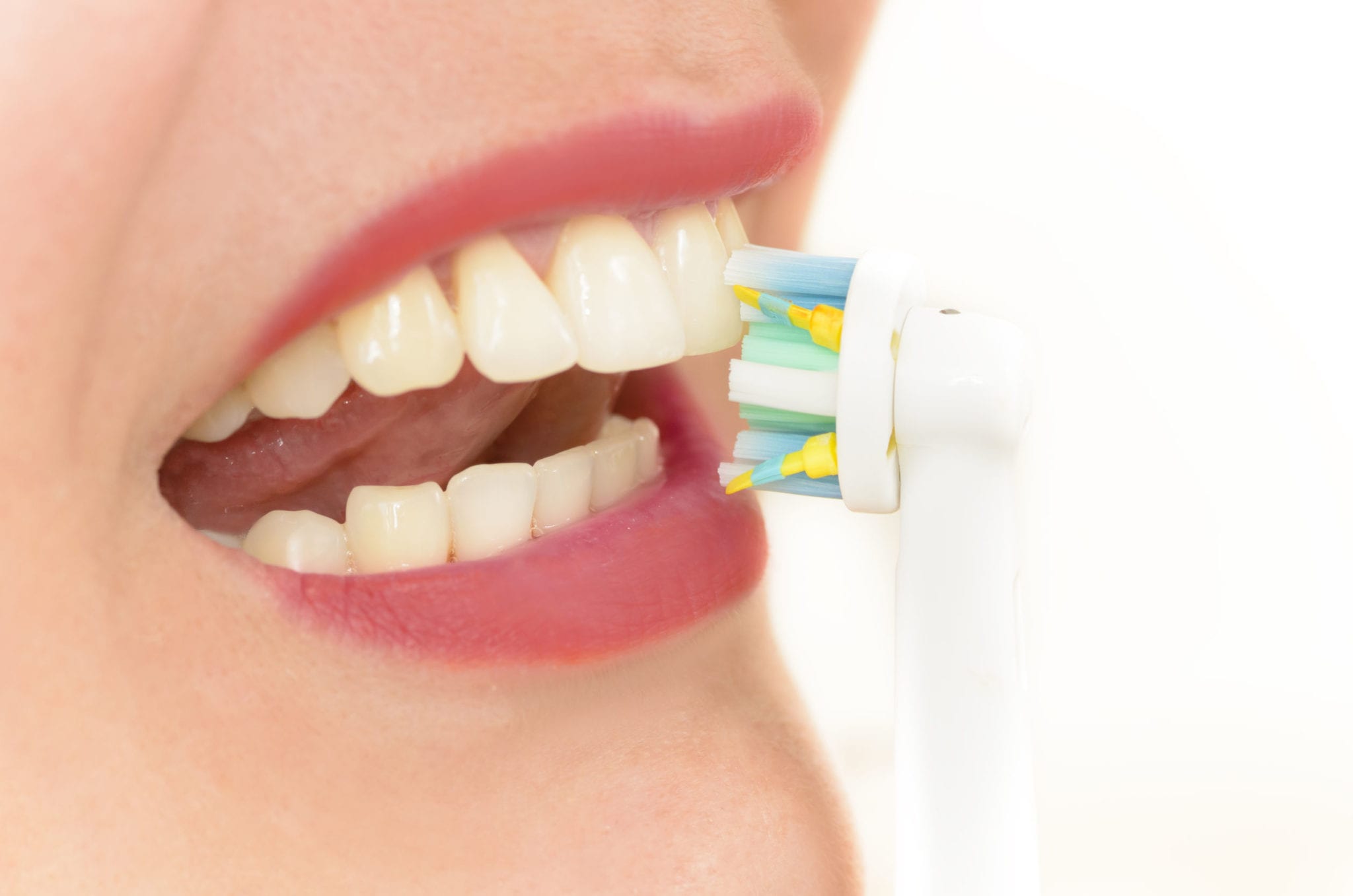
If you have regular, persistent jaw pain, you may have TMJ. A knowledgeable Florida dentist can diagnose TMJ and recommend treatments that will help you manage the condition in the best possible ways. Here is a breakdown of what you need to know about TMJ and how your dentist can help.
What Is TMJ?
Your temporomandibular joints are called TMJ, and include your jaw muscles and the joints that work to open and close your mouth for eating or speaking. All the components of the TMJ must work together in perfect harmony, or pain and dysfunction can result in a condition also popularly known as TMJ.
Common causes of the medical condition TMJ include teeth grinding, improper alignment of your jaw or teeth, injury to or dislocation of your jaw, and arthritis.
How Is TMJ diagnosed?
Your dentist will examine your jaw for stiffness, popping, clicking, or soreness. These are all signs that the jaw is out of alignment or the muscles are inflamed. Depending on your symptoms, your dentist may refer you to a specialist for further diagnosis.
How Is TMJ treated?
Fortunately, there are many simple treatments that can be used to alleviate TMJ symptoms before more drastic measures are taken. Here are the first steps to take in an effort to reduce jaw pain.
- Don’t eat hard foods or chew on ice. Eat softer foods like eggs, applesauce, cottage cheese, and mashed vegetables to give your jaw a break. Avoid chewing gum, as it can aggravate your jaw.
- Use a clipper to trim your fingernails rather than chewing on them.
- Alternate between ice packs and heat packs to reduce pain. Try over-the-counter pain medication such as ibuprofen or acetaminophen. You can also use meditation to reduce stress and muscle tension.
If those techniques fail to help, your dentist may prescribe treatments such the following.
- Special exercises to strengthen jaw muscles and increase flexibility.
- Prescription medications, including anti-inflammatory drugs or muscle relaxants.
- A custom mouth guard to prevent teeth grinding.
- Orthodontics to correct misalignment.
- Splints to prevent your upper and lower jaw from touching.
- Ultrasounds, gentle electric currents, or acupuncture to relax tense jaw muscles.
In extreme cases, surgery may be recommended to correct the problem, but usually only after all other options have been explored. Check with your dentist about the best treatment for you.
How Does TMJ Affect Oral Health?
If you have persistent jaw pain, you may be reluctant to visit a dentist because you don’t want to open your mouth wide. However, regular dental checkups are even more important for people with TMJ because a lack of proper care can result in tooth loss and other health problems.
A dentist who has experience in treating TMJ patients will know the best methods to use to make your dental visit as comfortable as possible. Your dentist can use special tools and devices to keep your jaw in place while dental work is underway.

Additionally, many TMJ patients benefit from using electric toothbrushes and floss picks, which allow them to care for their teeth without opening wide. This is incredibly important, because regular brushing and flossing prevents plaque buildup, which helps you avoid problems like irritated gums and tooth decay.
Finally, you may be able to use anti-inflammatory medication prior to your appointment to head off problems, but this should only be used with your dentist’s recommendation.
Ready to discuss TMJ with your dentist? Schedule a checkup today.






